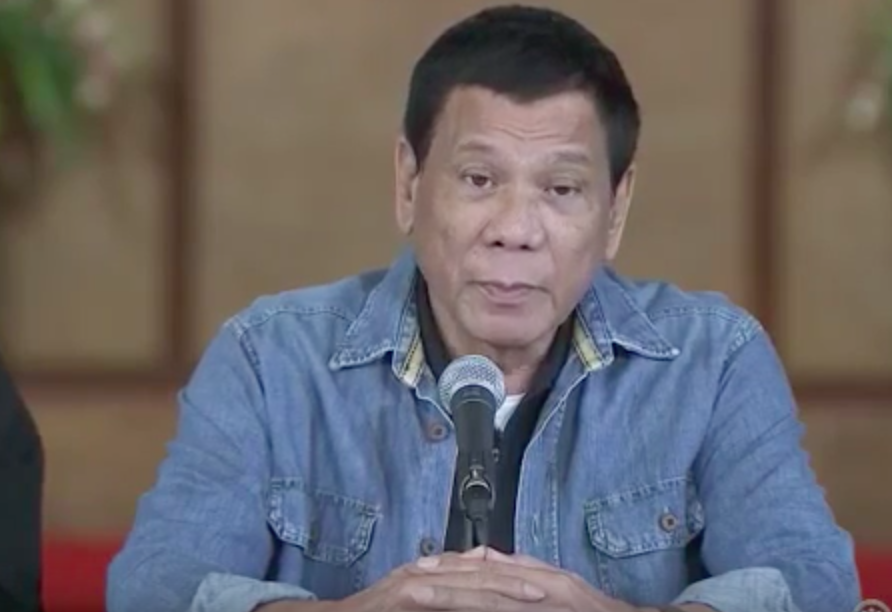
The national police force of the Philippines—which President Rodrigo Duterte has utilized to eradicate drug dealers and users with lethal force—announced a shutdown of its anti-drug operations and turned its attention inward to purge officers associated with a variety of crimes, including the kidnapping and murder of a South Korean businessman.
However, Police Director-General Ronald Dela Rosa’s announcement, which came on January 30, also noted that the cessation of operations is a temporary one. “We will cleanse our ranks … then maybe after that, we can resume our War on Drugs,” he said.
Since Duterte took office in 2016 after promising to kill more than 100,000 criminals in the first six months of his presidency, the Philippine National Police (PNP) have conducted raids on more than seven million homes of suspected drug users and dealers, while more than 2,500 of the 7,000 drug-related killings that took place last year were caused by clashes between suspects and the PNP.
Allegations from human rights groups that police were carrying out extrajudicial executions came to a head when the Philippine Department of Justice revealed that anti-drug officers with the PNP had seized a South Korean businessman from his home in Manila on October 18, 2016 and taken him to police headquarters, where he was strangled to death.
The officers then cremated the body at a funeral home owned by a former police officer before sending a ransom note to the businessman’s wife, demanding $100,000 in exchange for her husband, who they claimed was still alive. The Philippine Department of Justice recommended that two police officers, a civilian and several other individuals be charged with homicide and kidnapping for ransom for the killing, which sparked widespread protests through the capital city of Manila.
Dela Rosa, who resigned in the wake of the scandal but later recanted his decision after Duterte asked him to remain with the PNP, subsequently announced the formation of a counter-intelligence force that promised to handle corrupt police with the same degree of finality they applied to suspected drug criminals. “You policemen involved in syndicates, let’s see what happens now,” he said. “You will be killed by this counter-intelligence task force.”
In the wake of the PNP suspension, Duterte will continue to carry out his crackdown, which will be handled by the Philippine Drug Enforcement Agency. Dela Rosa acknowledged that the transition is a “momentary victory” for drug dealers, but added in typical fashion, “Go ahead and enjoy, but there is always a time for reckoning.”
Phelim Kine, deputy Asia director at Human Rights Watch, labeled the temporary halt by police as “nothing less than an empty public relations gesture unless he seeks meaningful accountability for the more than 7,000 Filipinos killed” as part of the anti-drug operation.
